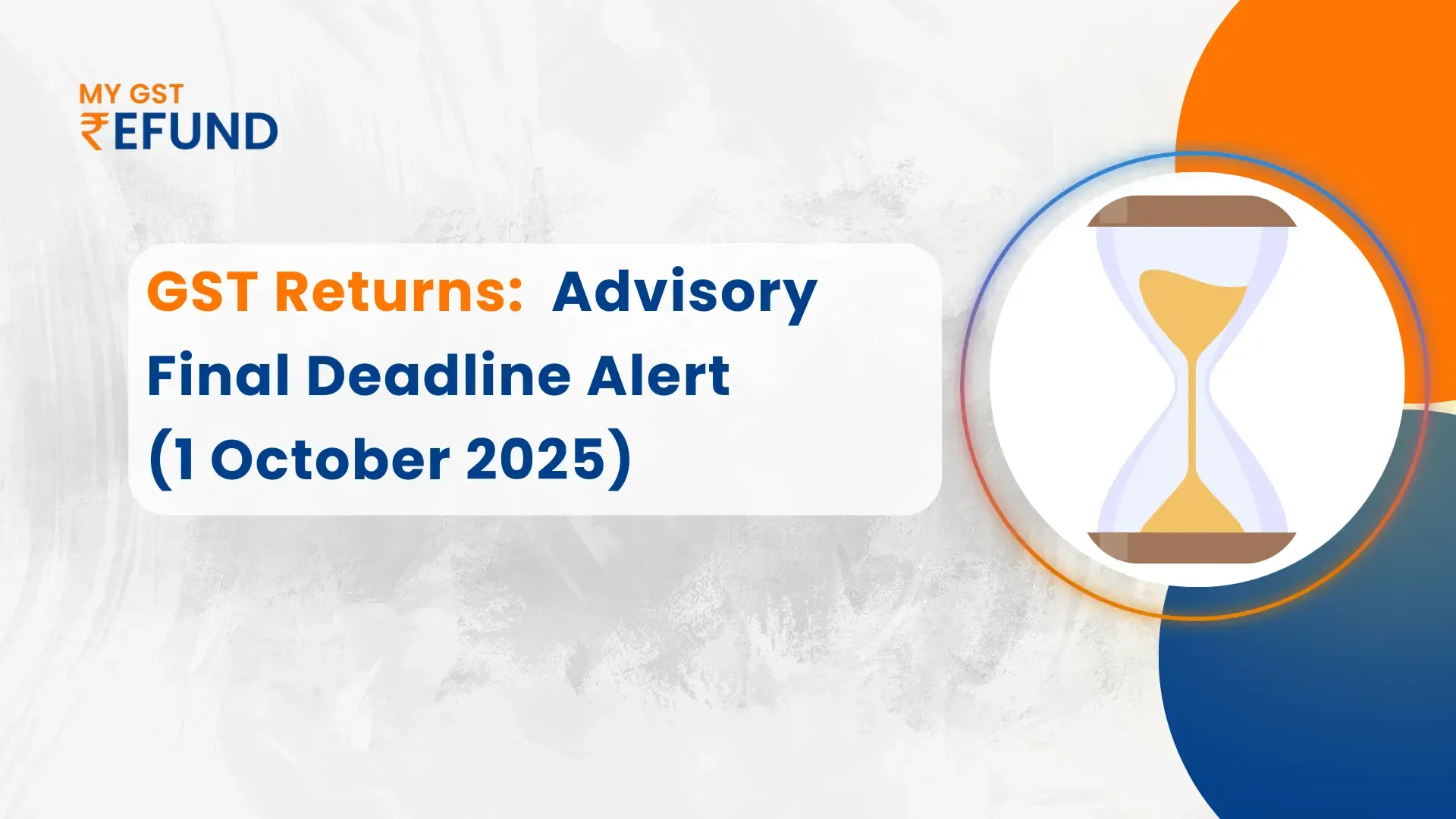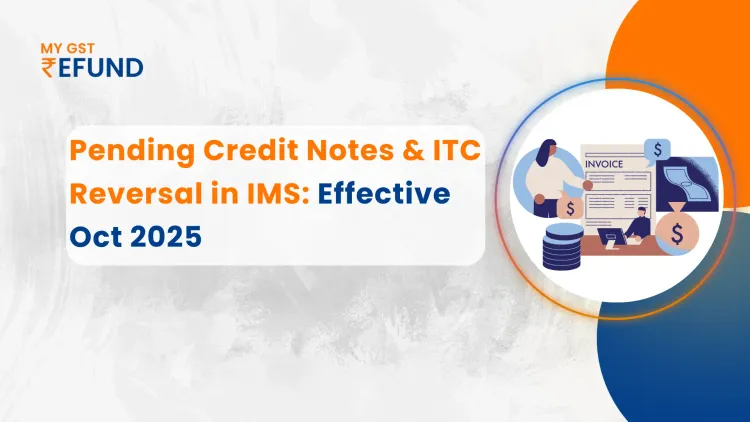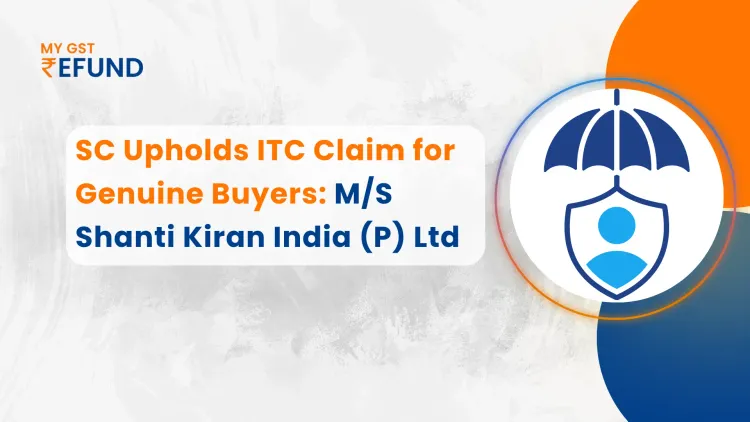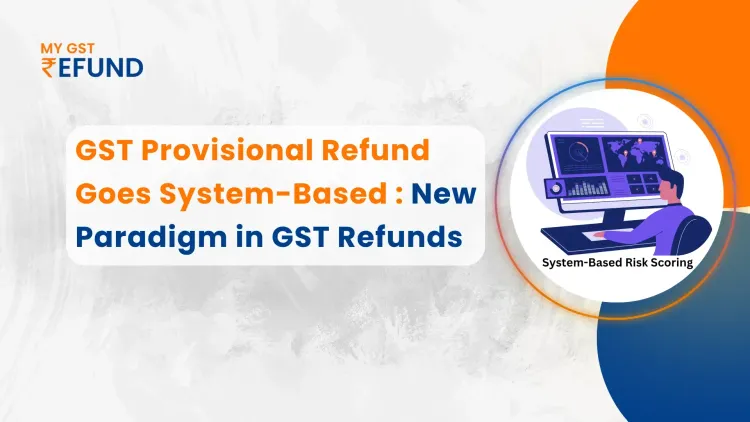GSTN Advisory: Returns Over 3 Years Past Due to Be Barred
Published on: Thu Sep 11 2025
File All Pending GST Returns Before the Three-Year Filing Window Closes
9 September 2025- The Goods and Services Tax Network (GSTN) has put out a very important advisory reminding taxpayers in all of India of a hard deadline: Any GST return whose due date is older than three years will be permanently disallowed from filing on the portal.
What’s the Change and update?
Under the Finance Act, 2023 (8 of 2023), passed on 31 March 2023 and made operable from 1 October 2023 via Notification No. 28/2023 - Central Tax, returns cannot be filed after the expiry of three years from their due date.
Key sections of the CGST Act affected include:
Section 37 – Outward supplies
Section 39 – Payment of liability
Section 44 – Annual return
Section 52 – Tax collected at source
Forms included and covered: GSTR-1, GSTR-1A, IFF, GSTR-3B (monthly / quarterly), GSTR-4, GSTR-5, GSTR-5A, GSTR-6, GSTR-7, GSTR-8, GSTR-9 / 9C.
When do new updates Start Working?
From 1 October 2025, the GST Portal System will implement a three-year time bar on pending returns starting from the September 2025 tax period.
Returns whose due date is three years back or more and which are still unfiled by that period will be blocked from filing thereafter.
Samples of Returns That Are Not Allowed
The following returns will no longer be possible to file if not already done:
| GST Forms | Restricted Time (w.e.f. 1st October,2025) |
|---|---|
| GSTR-1/IFF | August-2022 |
| GSTR-1Q | April-June 2022 |
| GSTR-3B/M | August-2022 |
| GSTR-3BQ | April-June 2022 |
| GSTR-4 | FY 2021-22 |
| GSTR-5 | August-2022 |
| GSTR-6 | August-2022 |
| GSTR-7 | August-2022 |
| GSTR-8 | August-2022 |
| GSTR-9/9C | FY 2020-21 |
What's at Risk and Why This Is Important
Once a return is barred, you cannot file it, ever-that means permanent loss of opportunity to declare outward supplies, pay liability, claim credits, etc.
Loss of Input Tax Credit (ITC) is the case where ITC depends on suppliers filing their returns, or matching invoices, etc.
It is important because of Possible penalties, interest, or complications in audits or compliance reviews, especially if there are mismatches in reconciliation.
Now What Taxpayers Need to Do
Reconcile your records: Go through your books, vendor supplier invoices, outward & inward supplies; ensure nothing is overlooked.
Identify all pending GST returns: Monthly, quarterly, annual, and all forms covered under Sections 37, 39, 44, and 52.
Before the deadline, file the past-due returns: Best to do this well before the system blocks the returns.
Ask for professional help: if there are discrepancies, litigation, or genuine reasons for delays. Tax advisors/ GST practitioners may help with reconciliation or figuring out missing documents.
Implement internal controls: Use reminders, audits, or software tracking so that such delays are avoided in the future.
File your ITR now to avoid penalties
In order to avoid fines, file your ITR now. Maximize Your Tax Refund with a 100% Guarantee .
- You can get the maximum tax refund from the government .File your GST Refund Now with MyGSTRefund
- The deadline for 3-year filing an ITR is before 1 October 2025.
- Ask for expert help from a professional team.
Expert Views & Concerns
Some tax professionals have raised concerns over the absence of a redressal mechanism for genuine cases of delay (due to litigation, system downtime, etc.). They warn that strict enforcement may lead to unfair hardship for some taxpayers.
On the flip side, many welcome the change as promoting compliance discipline, helping the GST system to reduce historical backlog, and improving predictability in assessments.
Reminder from GST Portal
This is a final reminder from GSTN: if you have any pending GST returns older than three years from their due date, now is the time to act. After the deadline (with the system lockdown starting from the September 2025 tax period / 1 October 2025 effective), those returns will no longer be accepted under any circumstances.
Related Posts





